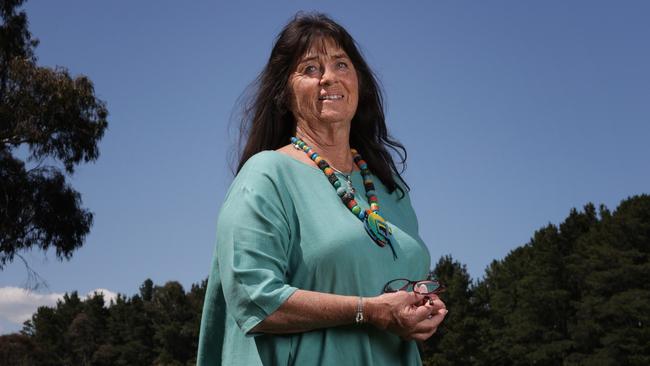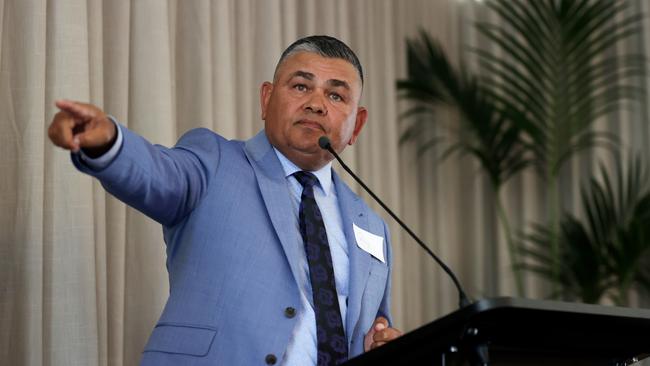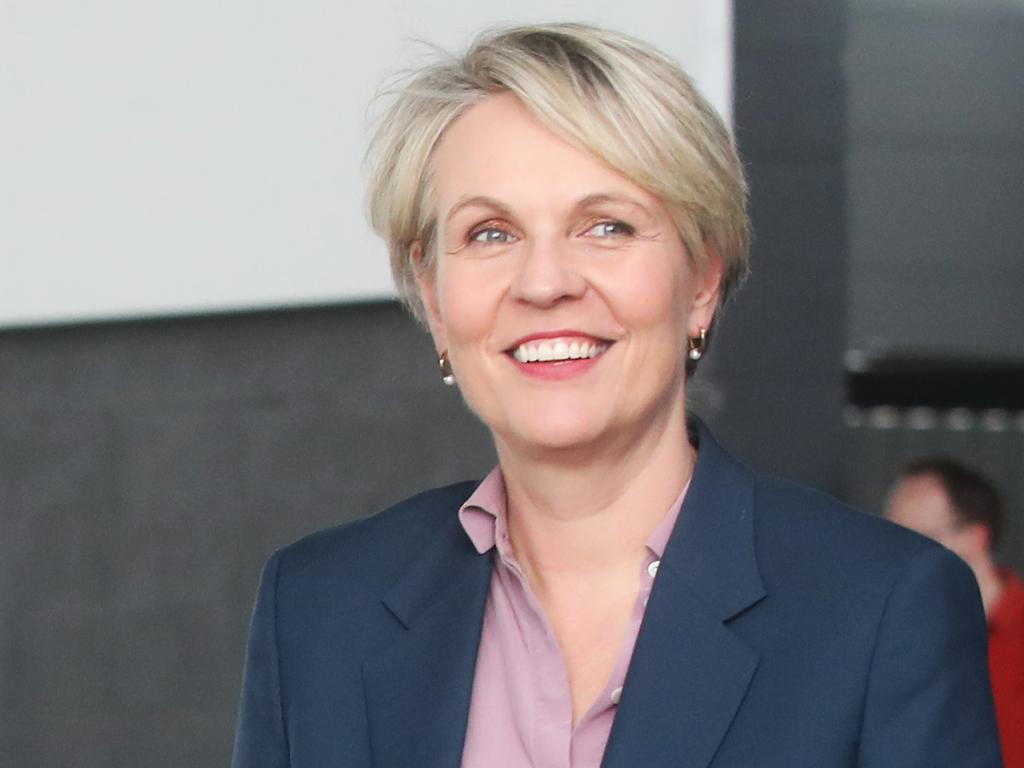Blayney decision could ‘destroy’ land councils, traditional owners warn
In their first public statements, the chief executive and chairperson of the Orange Local Aboriginal Land Council have labelled Environment Minister Tanya Plibersek a ‘mission manager’.

Striking out against the “use of Aboriginal cultural heritage as a political tool”, NSW land councils have lobbied for heritage law amendments to enshrine their authority over rogue individuals “bastardising” culture, spurred by the precedent set in the Blayney mine decision.
NSW land councils convened in Orange on Wednesday, not far from the blocked McPhillamy’s gold mine proposal.
There, leaders from communities across the state spoke up against federal Environment Minister Tanya Plibersek’s decision to disregard their cultural authority in favour of the rebel Indigenous group the Wiradyuri Traditional Owners Central West Aboriginal Corporation.
For many land council officials it was their first time speaking publicly on the matter.
In a joint position paper, NSW Local Aboriginal Land Councils argued federal heritage laws should grant them the same cultural authority as they are afforded under NSW state legislation.
Ms Plibersek was accused of blocking the McPhillamy’s gold mine “to keep the Greens on side” and of creating a dangerous precedent in the process that could result in the “disintegration of land councils in the next three to five years”.
In a defiant speech, Orange LALC chief executive Annette Steele compared governments to “mission managers”, the authorities who controlled the lives of forcibly dispossessed Indigenous Australians.
“The state government believe and are supportive of us, but it’s a federal decision,” she said.
“The federal decisions always outrun the state. It’s a bit like mission managers … We know they understand what you want, and they do the exact bloody opposite.
“(They say) we’ll tell you what you want, we’ll tell you what you need, and that’s all you’ve got.
“(The decision) has undermined the LALC network. And if we don’t stand up as a collective, in three to five years’ time, our network will be disintegrated.
“Our voices will not be heard. It will be eroded away.”
Speaking on the evidence submitted by the WTOCWAC to Ms Plibersek’s office, Ms Steele asked the Wiradjuri representatives in attendance whether they had heard of the blue-banded bee Dreaming. No one at the gathering knew of the story.
Ms Steele alleged WTOCWAC director Lisa Paton, when first serving as a member of the OLALC, suggested the council oppose the McPhillamy’s development based on evidence provided to her by the Belubula Headwaters Action Group, of which she was a member, unbeknown to her employer. Ms Paton brought the heritage matter to OLALC’s attention and drafted their statement saying it was opposed, Ms Steele said.
“I signed that document, and I put my hand up and I signed it based on the trust and the information that was given to me at the time,” Ms Steele said.
“(But when) we said to Regis at the time, we need to get access to your site … and we debunked everything that she had said.”
When cultural heritage assessors from the OLALC were allowed on the McPhillamy’s site and Ms Paton’s assertions were dismissed, she left the OLALC and joined the WTOCWAC.
“She used, like Plibersek, Aboriginal cultural heritage to overturn a decision that should have been made under the Environmental Act. If those laws don’t work, change them. Do not use Aboriginal cultural heritage as a political tool to overturn decisions or use it as a strategic framework to keep the greens on side.”
OLALC board member and cultural committee member Greg Ingram supported joining the First Nations Heritage Protection Alliance in its consultation with the federal government on reform to Indigenous heritage law.
“They have a group of people in there that has been bastardising culture and making up culture,” Mr Ingram said.
“Our culture is pure. Our culture is written in the sand. It’s written in artworks. It’s in our dances, it’s in our Dreamtime stories. Our culture cannot be bastardised for personal gain or financial gain.
“This isn’t the first time that this group (WTOCWAC) has made bogus claims, bastardised culture, and just made up stories.”
Mr Ingram also criticised the Office of the Registrar of Indigenous Corporations for legitimising groups such as the WTOCWAC that claimed to be traditional owners without providing verification.
The NSW Aboriginal Land Councils unanimously called for the amendment of the Environmental Protection and Biodiversity Conservation Act and the Heritage Act to prevent informal groups and individuals from claiming traditional authority.
The move would align federal law with NSW state laws that hold local land councils to a higher authority than ordinary citizens who claim First Nations heritage.

OLALC chair Jamie Newman said the convention of LALCs was “crucial to self determination for our people”.
“The decision that has been made affects us, everyone in this room. If we go to set a standard for our people, then we have to lead that self determination for our people isn’t driven by individuals. It’s driven by a collective voice,” he said.
Other senior contributors to the meeting included Mr Ah-See, Metro LALC chief Nathan Moran, local federal MP Andrew Gee, and officials from the NSW Premier’s Department.
The WTOCWAC were contacted for comment.
A spokesman for Ms Plibersek said the government “is already working with the states and territories on cultural heritage reform”.
“The government and the First Nations Heritage Protection Alliance are also working with the land council network,” he said.
“The Orange Local Aboriginal Land Council were invited to provide feedback on the section 10 declaration during procedural fairness rounds.”








To join the conversation, please log in. Don't have an account? Register
Join the conversation, you are commenting as Logout